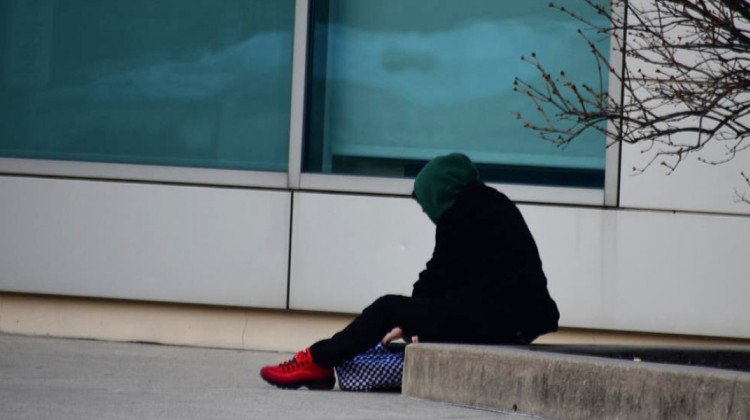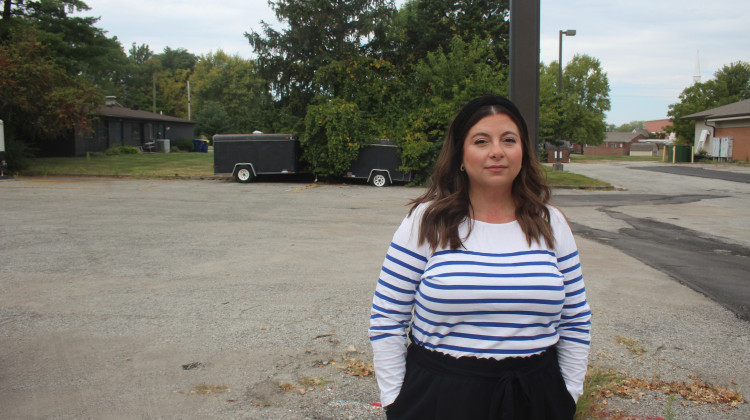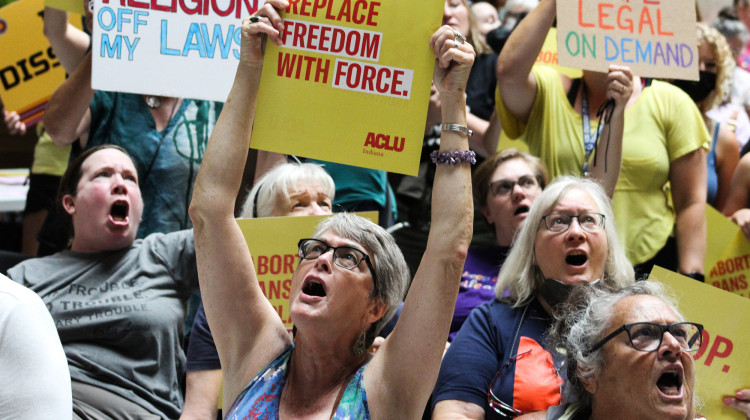The Indiana Public Retirement System is set to go before the U.S. Supreme Court next month, where justices will decide if it can sue a publicly-traded company for alleged securities fraud.
In June of 2011, Science Applications International Corporation issued a statement to the market detailing how it was under a criminal investigation for a group of employees’ kickback scheme in New York City.
The Indiana public pension fund had bought stock in the company shortly beforehand, and claims that information should’ve been made public much earlier.
SAIC argues that the pension fund does not have the right to sue them. That’s what the Supreme Court will decide.
“Now, you might say, well that’s odd,” says Frank Sullivan, a former Indiana Supreme Court justice who now teaches law at IUPUI’s McKinney School. “If what they did here violated the securities laws, who would have a lawsuit? And the answer to that is: the government.”
He says the debate over whether a private party can sue for a securities crime has been argued for decades.
Sullivan says in this case, the Securities and Exchange Commission has sided with the public pension fund in a written statement filed with the court.
“The justices will look at all of these amicus briefs,” Sullivan says. “But I think they’ll look at the one submitted by the United States government particularly closely.”
Sullivan says the SEC realizes it doesn’t have the resources to enforce every violation on its own, and has historically supported private rights of action.
“If you had your choice, you’d sure like to have the number one agency in government, responsible for enforcing the securities laws, to be on your side in a securities fraud case,” he says.
SAIC changed its name to Leidos, Inc. since the 2011 incident in question. Company leaders maintain their disclosure that the company was under investigation was timely within the law, and the INPRS doesn't have the right to bring a lawsuit even if it wasn't.
Sullivan says it’s a skirmish in a decades-long war. Some laws date back 60 years, and more than 20 years ago, Congress passed the Private Securities Litigation Reform Act to limit private rights of action in securities fraud cases.
The U.S. Supreme Court is set to hear the case Nov. 6.
If the Indiana public pension fund prevails, a settlement would be reached or a lower court would decide if a crime had been committed.
 DONATE
DONATE










 Support WFYI. We can't do it without you.
Support WFYI. We can't do it without you.